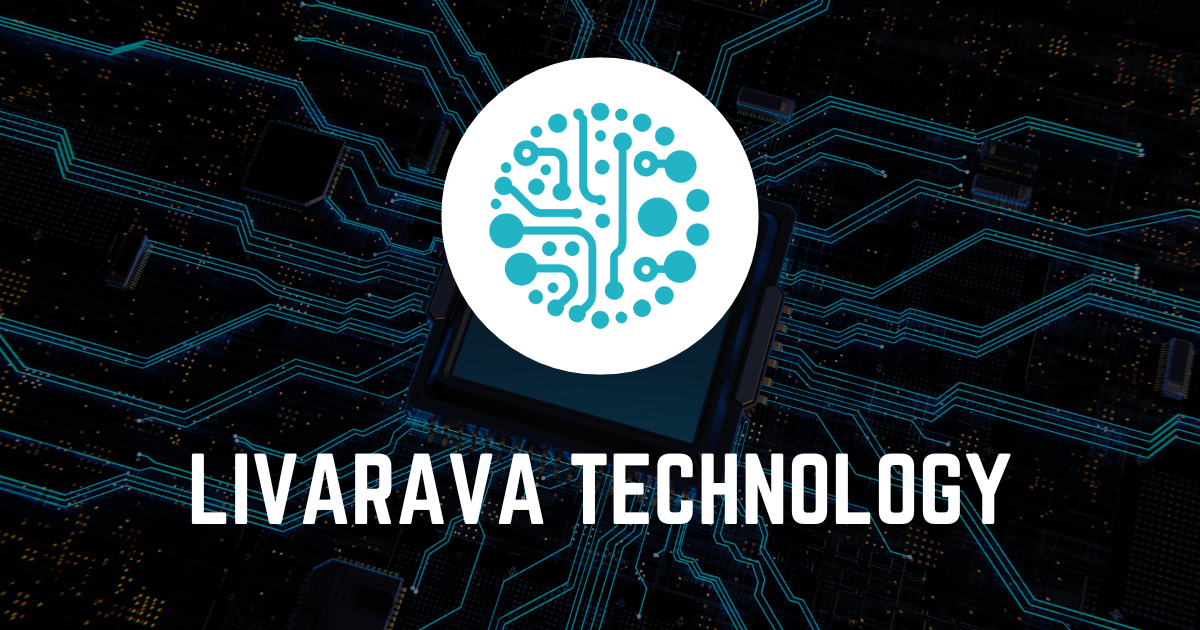Five Futuristic Technologies from Sci-Fi We Might Never Experience

Introduction to Sci-Fi Technologies
In this article, we explore five groundbreaking pieces of technology featured in science fiction that many hope to see realized in the future. Let’s see how feasible these innovations are and whether we might ever experience them in our lifetimes.
The Technologies
- Teleportation: A concept often seen in sci-fi films, the idea of instantaneously moving from one place to another poses scientific challenges that may be insurmountable.
- AI Companions: While we have made strides in AI, creating fully autonomous companions that can mimic human emotions remains a distant goal.
- Flying Cars: Despite ongoing prototypes, regulatory and safety hurdles stand in the way of widespread adoption.
- Brain-Computer Interfaces: The melding of human cognitive functions with technology presents ethical and technical dilemmas.
- Time Travel: As fascinating as it sounds, the laws of physics currently deem this notion infeasible.
Conclusion
Exploring these technologies underscores not only our imagination but also the boundaries of current scientific understanding. Even if these technologies remain elusive, they spur creativity and innovation across the tech sector.
This article was prepared using information from open sources in accordance with the principles of Ethical Policy. The editorial team is not responsible for absolute accuracy, as it relies on data from the sources referenced.